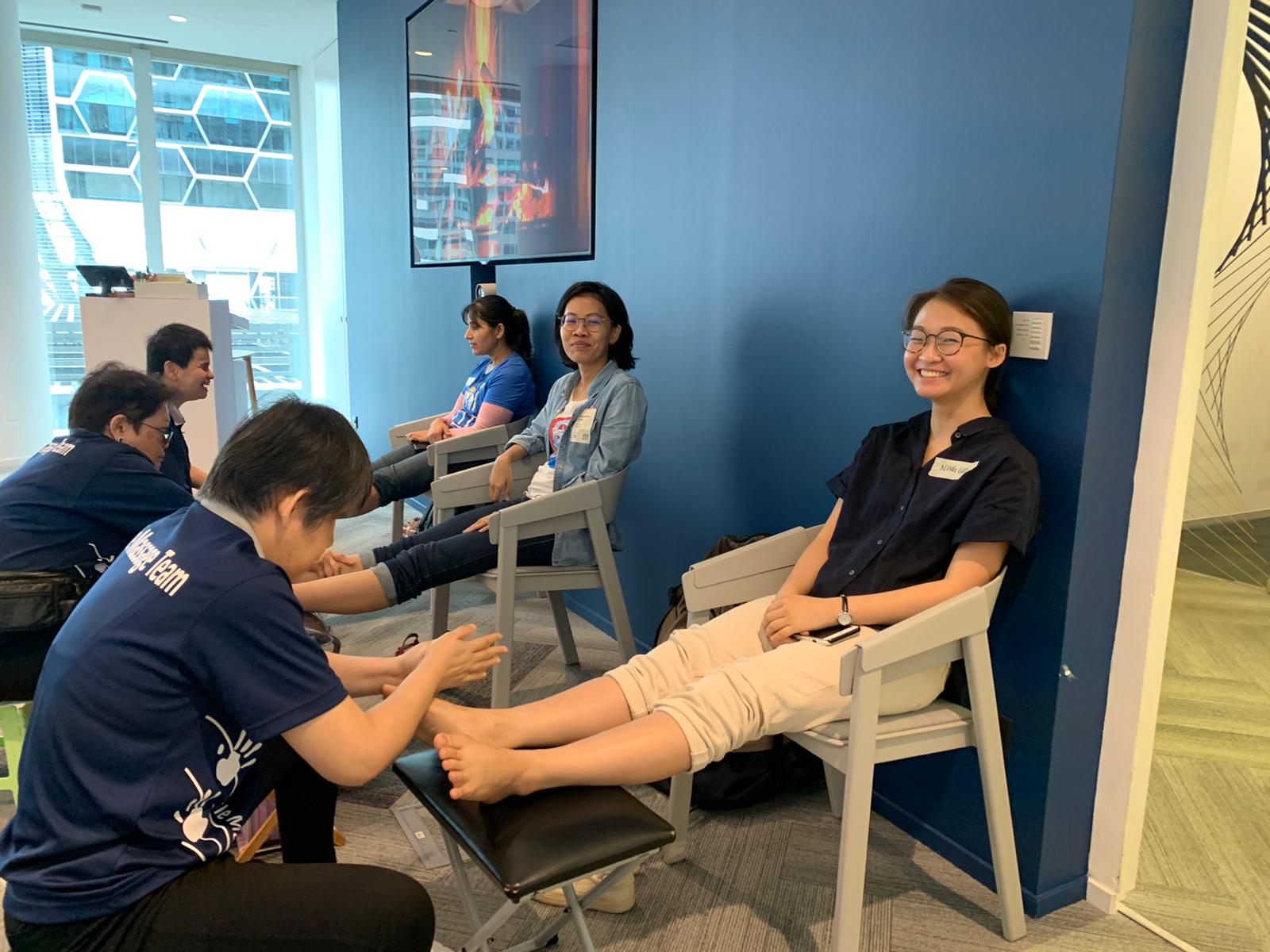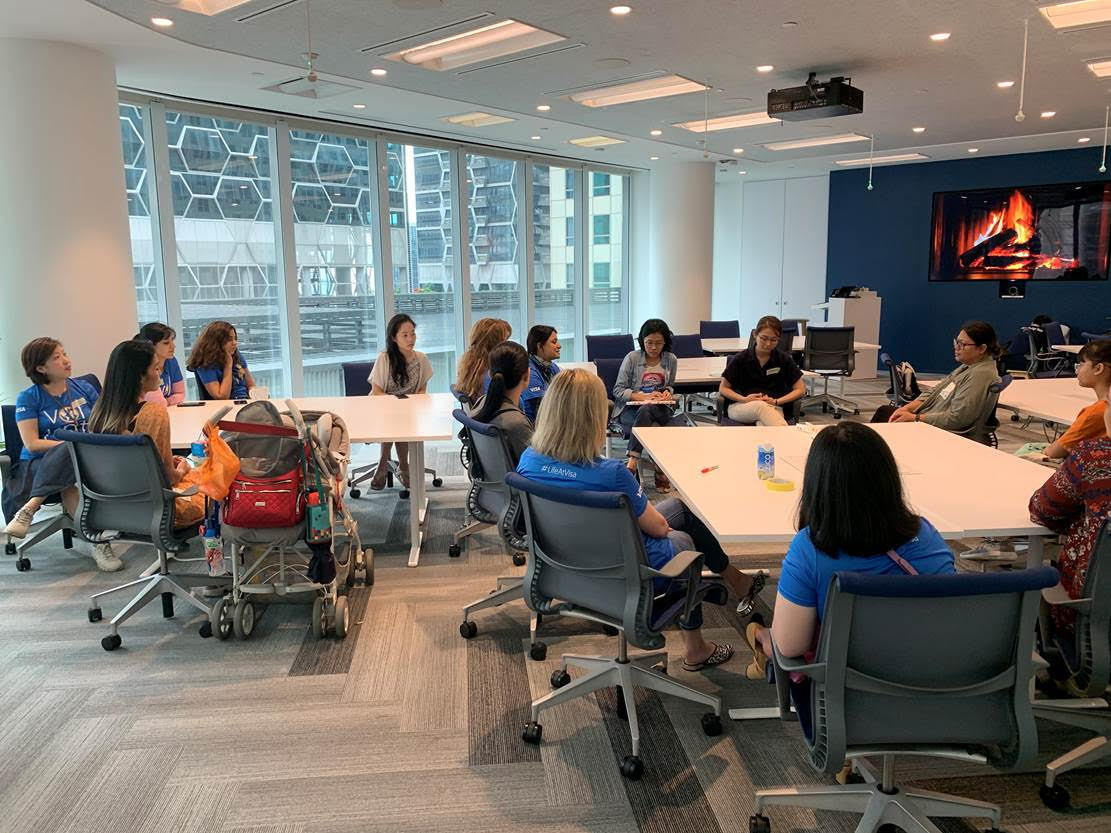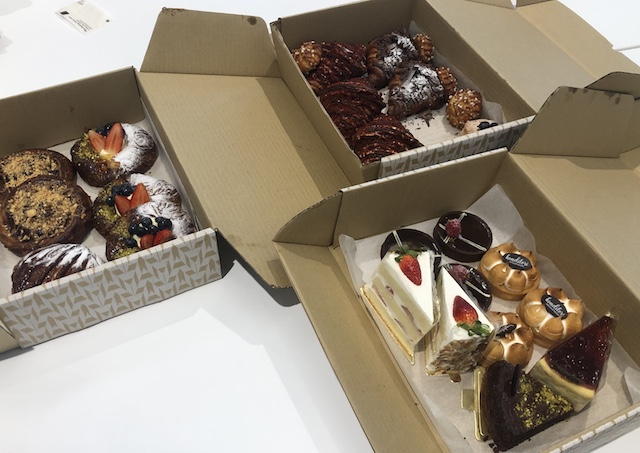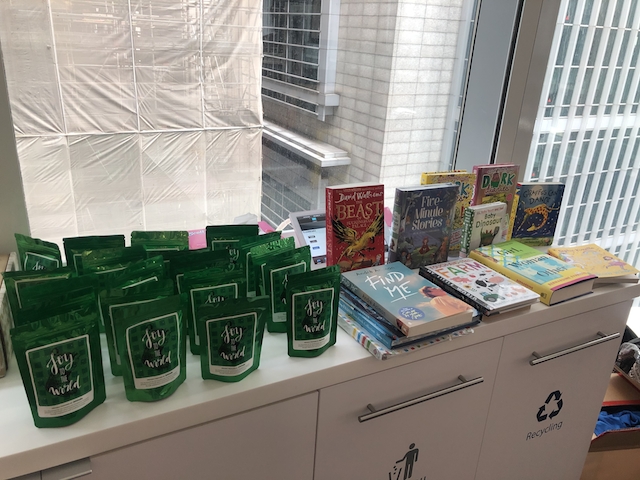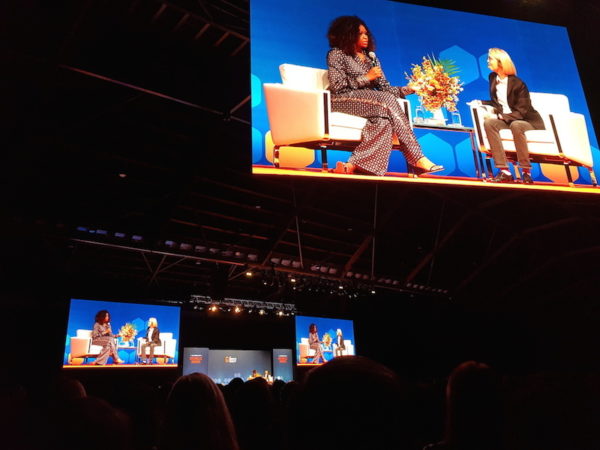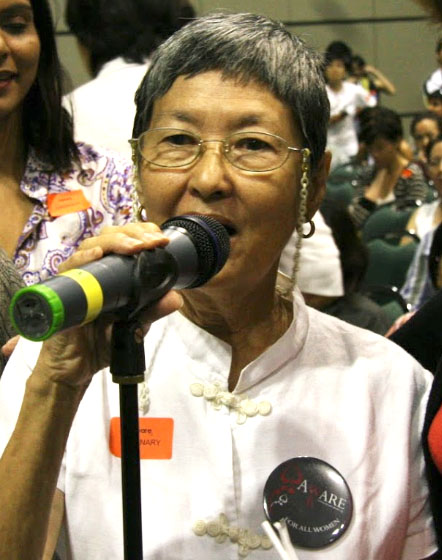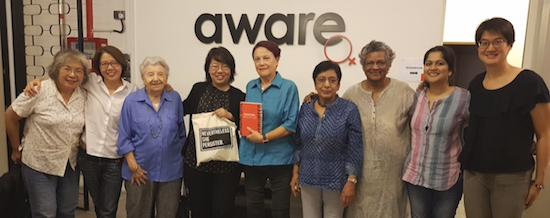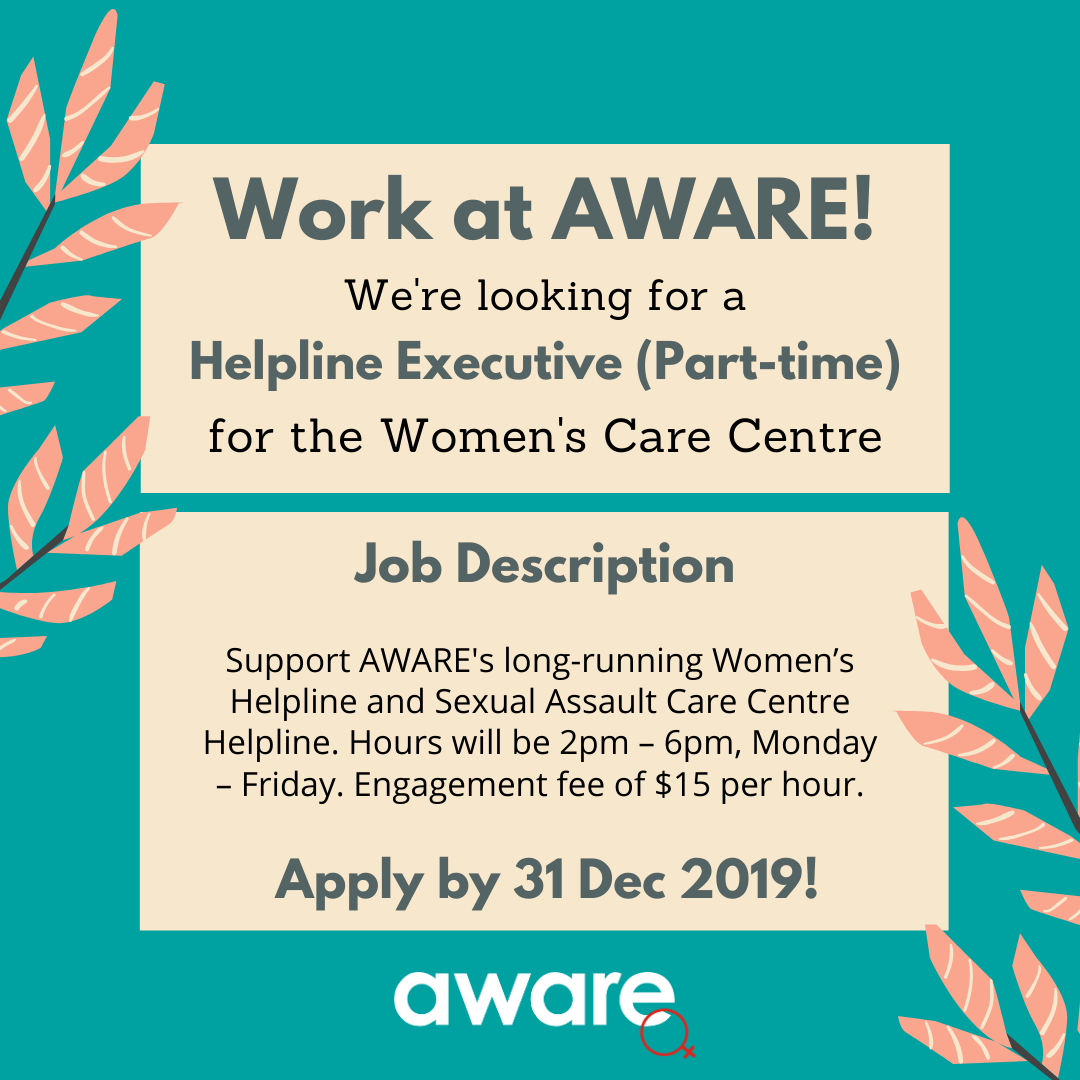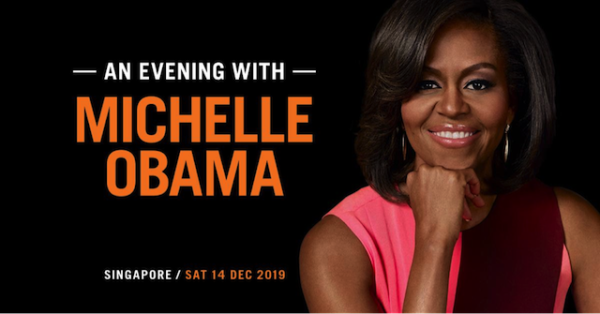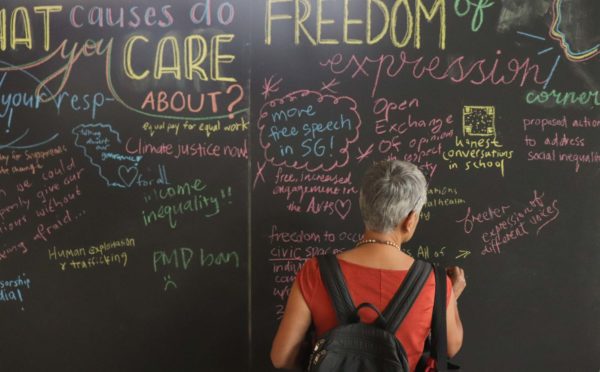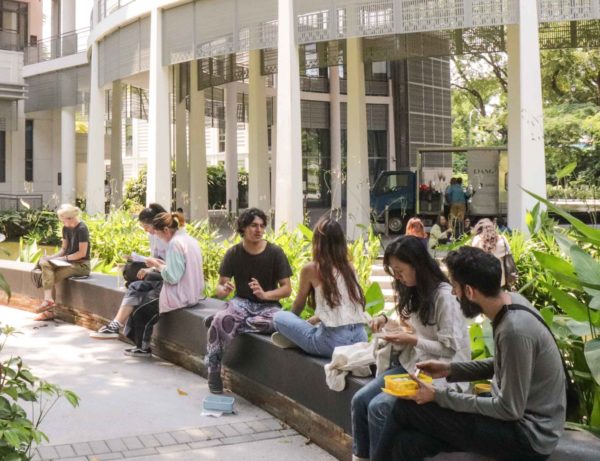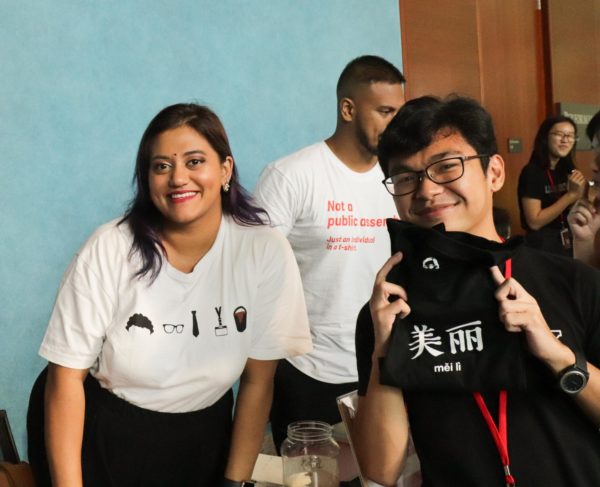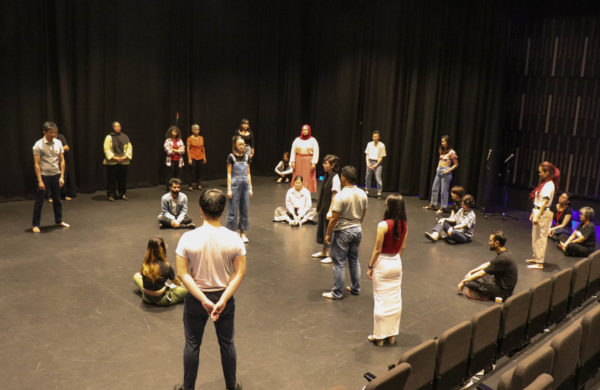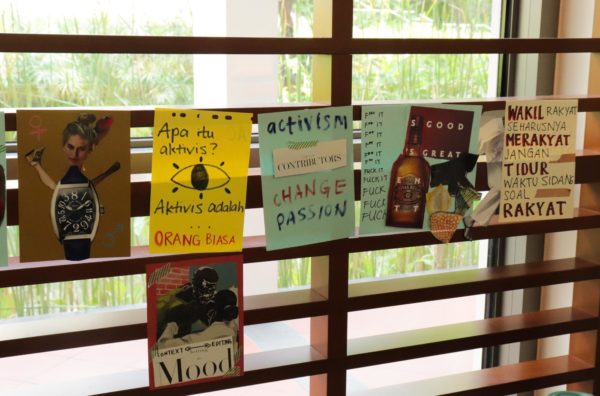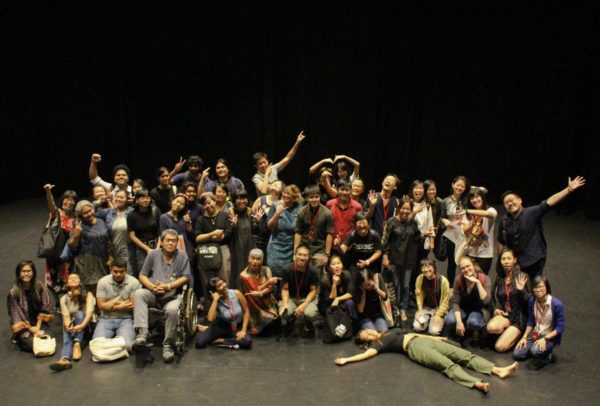This post was originally published as a press release on 13 January 2020.
13 January 2020 – For its 10th annual submission to the national Budget, AWARE engaged with a rich community of individuals in Singapore, pooling their ideas for a set of recommendations centred on better support for family caregivers.
This grassroots “policy wishlist” was generated by 50 members of the public, who came together in October 2019 at the launch of AWARE’s research report on eldercare, “Make Care Count”. These 50 people came from all walks of life in Singapore, among them caregivers, students, parents, academics, retirees, social service workers and business owners. They were united by a desire for caregiving to be front and centre on the national agenda, so that more is done for family caregivers across the nation.
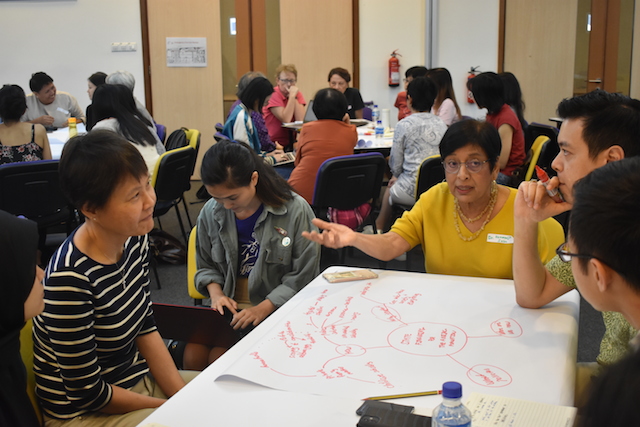
At the event, participants formed small groups, sharing their own experiences with caregiving for the elderly, and brainstorming suggestions for the government in this arena. AWARE then submitted a final set of recommendations via the government’s REACH platform on 10 January 2020.
Some of the policy ideas put forth in the submission include:
- Introducing a universal basic income, or at least a support grant for caregivers that includes cash and CPF components, to recognise care as labour
- Making healthcare benefits universal instead of designating cohort-specific packages, to assure today’s caregivers of support when they need care tomorrow
- Introducing mandatory paid eldercare leave, shortening work hours and legislating the right for employees to request flexible work arrangements
- Improving and regulating formal care services, such as assisted-living facilities, daycare services and home-based care services, to increase their usage
These recommendations correspond heavily with those in AWARE’s “Make Care Count” report from September 2019. That report—based on in-depth interviews with 22 female caregivers and validation interviews with 22 eldercare service providers, academics and medical social workers—found that family caregiving responsibilities disproportionately fall upon women in Singapore, and directly compromise women’s retirement adequacy. Most women surveyed saw their income decrease, their employment situation change and their out-of-pocket care expenses spike after they became caregivers to their elderly relatives.
Ms Shailey Hingorani, AWARE’s Head of Research and Advocacy, said, “Hearing from the public at our event last October was invigorating and inspiring. We discovered that our research findings did indeed resonate with many attendees, who expressed similar struggles to those of our respondents. We also garnered additional insights—for example, from Singaporeans looking after non-citizen care recipients—which we have incorporated into our recommendations.
“It’s a privilege to represent this passionate, vocal group in our Budget submission. As we move forward, we hope to engage with a ever-larger pool of stakeholders, and remain at the forefront of eldercare issues in Singapore.”
Dr Joanne Yoong, an economist who spoke at the October event, said, “The strength of these recommendations lies in AWARE’s commitment to combining careful research with a participatory process that strives to engage all stakeholders in this critical national conversation. The outcome will eventually impact every one of our families, in some way, at some time in our lives.”
Ms Patricia Lee, an event participant and caregiver, said that she was grateful for the chance to contribute her perspective on this “key concern” in a public consultation. “Many of us have rarely had the opportunities to connect to the right channels, speak our minds and express our dire needs,” she added.
Read AWARE’s full submission to the 2020 national Budget here.
Recommendations by AWARE for the National Budget in recent years can be found here: 2019, 2018, 2017, 2016, 2015, 2014.





